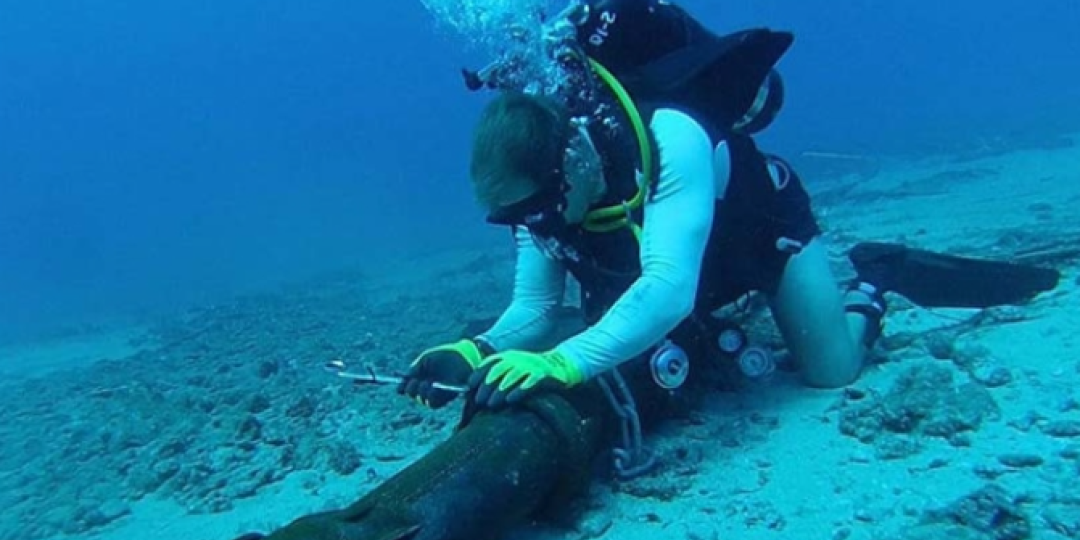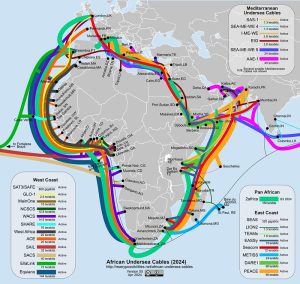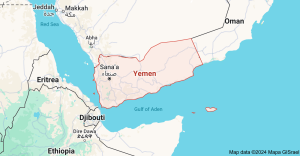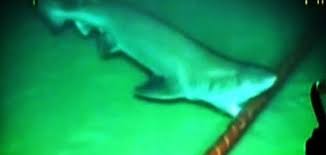Hazards That Take Down Undersea Fibre Cables and Disrupt Connectivity
Around 98 percent of international Internet traffic is carried around the world by subsea cables, which wrap incredibly thin Fibre Optic cables within multiple protective layers. These submarine cables are generally quite robust, but damaging events, with subsequent outages, do occur – quite frequently. Reasons for the outages can include forces of nature; human activity, like fishing, wars, and dropping ships’ anchors in the wrong place; and even inquisitive sharks and other big fish.
Any time sub-sea cables break, for whatever reason, it highlights the impact of this type of damage to global connectivity, and the importance of having a backup plan to maintain an acceptable Connectivity service level.
As an Internet Service Provider (ISP), Vox has multiple Connectivity offerings and solutions. Let’s unpack how the Internet sometimes goes down because of unforeseen deep-sea events – and how businesses and individuals can protect themselves against the consequent disruptions.
African Dis-Connections
On 14 March 2024, four subsea cables were cut in the ocean off West Africa, namely the WACS, ACE, SAT3 and MainOne cables. Service providers had to move quickly to try and re-route traffic and mobilise a cable repair ship to head off to that part of the globe to fix it. The reason for this massive simultaneous break of four separate cables was a deep-sea landslide off the coast of West Africa.
A few months later, on 12 May, the East Coast of Africa went down, but this time the reason that multiple countries saw reduced Internet connectivity was due to human activity.
The SEACOM and EASSy submarine cables were damaged off the coast of KwaZulu-Natal by a dragged ship’s anchor – something that happens quite often, as well as occasions when the trawler nets of big fishing vessels drag on the ocean floor and get tangled up with subsea cables.
New Casualties of War
Staying with human activity: the Red Sea is a bottleneck for global shipping as well as Internet and telecommunications cables. It opens in the Gulf of Aden, where the coastal country of Yemen has seen a civil war raging for the past 10 years.
In late 2023, Yemen’s Houthi rebels began targeting global shipping in the Red Sea with missile attacks. In addition, Internet connectivity between parts of Asia, Africa, and Europe suddenly slowed on 24 February this year when three Red Sea submarine cables were damaged. This caused a significant disruption to Middle East communication networks.
It turned out that the submarine cables were accidentally cut by the anchor of a sinking ship that had been struck by a missile fired by the Houthis a few days before. Even though deliberate sabotage was ruled out, the immediate result was that Middle East communications suddenly became an unexpected casualty of war.
Something Fishy
Did you hear the one about Google being attacked by sharks? (And no, this is not a trick question.)
Nobody really knows why sharks like to chomp down on deep-sea cables, but one theory is that they are attracted to the magnetic field created by the high voltage carried through the cables, which resembles those created by fish. Another theory is that they are just curious.
Back to Google – here’s footage of a deep sea shark inspecting the Google cable with its teeth in 2014. Since then, Google has taken pains to reinforce its submarine cables to protect them from shark damage. Presumably other cable providers have done the same.
Stay Connected with Vox
Internet communications are an integral part of global life today, with massive knock-on effects when deep-sea cables are cut – and so failover (or backup) solutions are critical for countries and organisations everywhere.
In the event of a Fibre outage, Vox Fixed LTE-A and 5G offerings – which are wireless offerings and not cable-based – can provide Failover solutions that will automatically switch you over to a Fixed LTE-A or 5G network as a backup connectivity medium.
Vox Fixed LTE-A and 5G solutions allow homes and businesses to stay running at all times, to ensure uninterrupted Connectivity. In addition, business continuity can be enhanced by transferring Vox Data, VoIP and PBX solutions onto the failover Network, with various data bundles available to meet budgetary and operational requirements. Month-to-month contracts (with no long-term commitment required) are also offered.
And so if – or rather when – sections of the internet go down in the future due to deep-sea cable damage, Vox Fixed LTE-A and 5G solutions offer the ultimate backup plan for uninterrupted access to the Internet, to make sure that you and your business always stay connected.
This means no more interrupted Internet, staying connected in the face of disruptive events, and keeping things – quite literally – ‘business as usual’.















